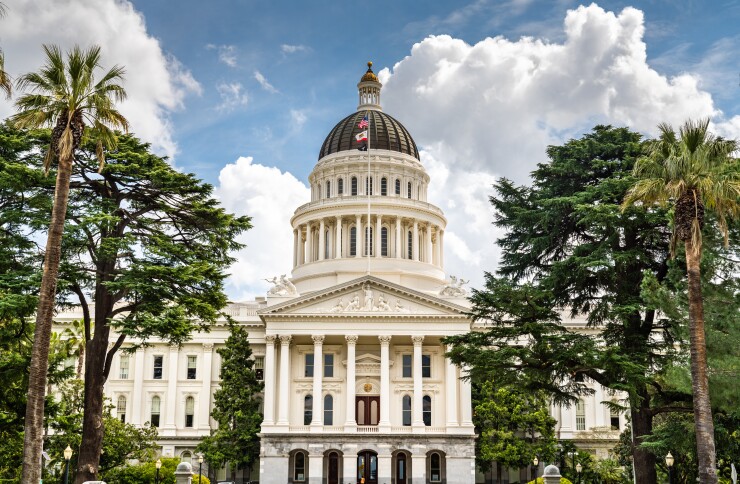Homeowners have seen their houses appreciate in value dramatically in most parts of the country over the past several decades, and in most cases, the assessed value for real property taxes has kept pace with the rise in the real value of the property itself. But not in California.
The reason is Proposition 13, which was approved by California voters in 1978, igniting a nationwide debate over property tax overreach. Under the proposition, a base-year value going back to 1975 was set, property taxes were limited to 1 percent of assessed value, and increases were limited to no greater than 2 percent each year. While no other states addressed the issue in the way California did, Prop 13 has remained in force ever since, in spite of attempts to overturn it.
“It seems unlikely to think of California as a tax haven,” said Carol Kao, a CPA, attorney and partner in the private client and tax team at the San Diego office of international law firm Withers. “Property values were increasing so rapidly in the 1970s that people were being forced out of their homes, so they enacted Proposition 13 to keep the increase at a low rate unless there was a change in ownership. It enabled people to keep their homes.”
Now, Proposition 19, which was added to the California ballot in June, threatens to change critical aspects of Proposition 13.
“It would alter the current parent-child exclusions,” said Yin Ho, a senior associate in the business division at the San Francisco office of Withers.
Under the principal residence exclusion, parents may transfer a principal residence of unlimited value to their children without triggering a reassessment. Moreover, there is a $1 million ($2 million for a married couple) non-principal residence lifetime exclusion, which permits the transfer between parents and children of up to $2 million of assessed value of all other types of property, such as second homes, rental properties and commercial properties.
“Proposition 19 would eliminate the non-principal-residence exclusion entirely,” said Ho. “To qualify for the principal residence exclusion, the child who received the property would be required to use it as the child’s own principal residence, and the exclusion amount would be limited to $1 million of assessed value.”

Will Proposition 19 pass when voters weigh in on Nov. 3, 2019?
“It’s too early to tell, said Ho. “There’s a consensus that any attempt to change Proposition 13 will be met with a lot of resistance. If voters don’t understand the measure, or see key words such as ‘change,’ there’s usually a lot of opposition to it. The last time a similar measure was proposed it lost by double digits.”
“Taxpayers don’t usually endorse a proposition that would increase taxes,” agreed Kao. “But they cleverly packaged this one to make it attractive to certain voters. And its name alludes to combating wildfires, so it sounds more attractive. It may gain traction, especially for those over 55, so it may actually get enough votes.”
“Proposition 19 contains a measure which makes it favorable for persons over 55 who wish to transfer the property tax value of their principal residence upon sale to a new replacement residence,” said Ho. “It would allow seniors to move to a new home of greater value and take the current property tax base with them. They could do this three times within their lifetime, but can do it only once under current law. And it can be done in any county in California, whereas under current law the county has to participate in portability rules, and not every county does it.”
Kao offered a personal example. “My parents purchased a home in the early 1970s for $60,000. It’s now worth $1 million, and my mother would like to downsize as a result of my father’s death. Under current law she wouldn’t be able to take the value with her to a downsized home.”
Taxpayers should think about planning ahead of time, according to Kao and Ho.
“The timing is interesting because of the national election,” said Kao. “Depending on the election results, the estate and gift tax exclusion may be substantially reduced, while right now it’s at an all-time high. Planning whether or not to acquire new property that can qualify is an added issue. There are a lot of layers and technicalities that should be considered.”





